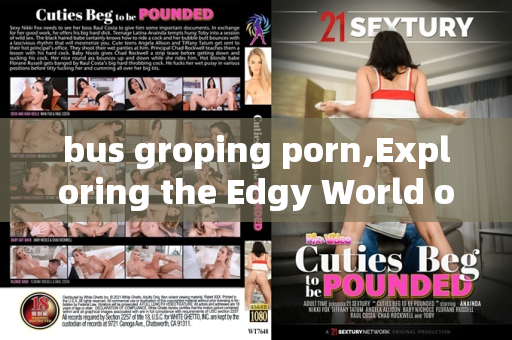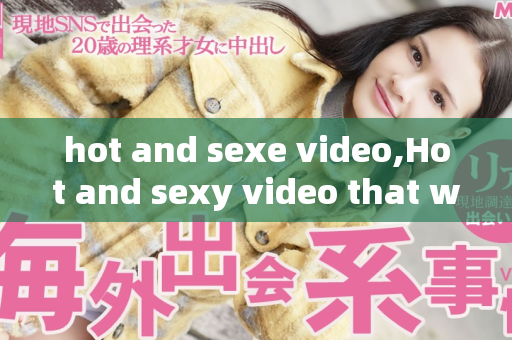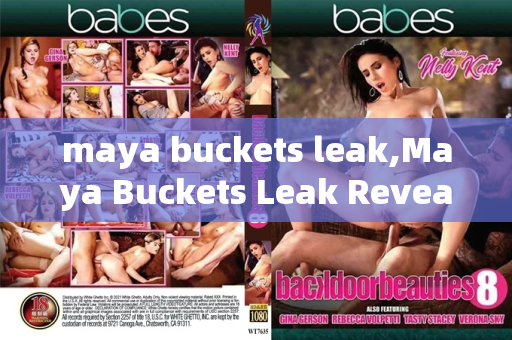
The intersection of education and adult content has long been a topic of debate, particularly in an era where access to information is more prevalent than ever. A recent fundamental paper titled "Education Takes Center Stage in a Fundamental Paper on Adult Content" brings this discussion into sharp focus, arguing for the necessity of educational frameworks to navigate the complexities of adult material in the digital age. The paper posits that understanding adult content is not merely about consumption but also involves critical thinking and informed decision-making, which can be fostered through effective education.
One of the primary arguments presented in the paper is that education should play a pivotal role in shaping how individuals perceive and engage with adult content. As technology evolves, so too does the accessibility of various forms of media, including pornography. The paper emphasizes that many individuals, especially young adults, are exposed to adult content at an early age, often without sufficient guidance. This lack of education can lead to misconceptions about relationships, consent, and sexuality. By integrating discussions of adult content into educational curricula, educators can equip students with the tools necessary to critically evaluate what they encounter online.
Furthermore, the paper highlights the importance of addressing the psychological and social implications of consuming adult content. It argues that many individuals may not fully comprehend the effects that pornography can have on their perceptions of intimacy and personal relationships. By fostering discussions around topics such as body image, consent, and healthy relationships, educators can help demystify adult content and encourage individuals to engage with it responsibly. The goal is not to vilify pornography but to promote a more nuanced understanding of its place in society and its impact on individual behavior and attitudes.
In addition to addressing the psychological aspects, the paper also discusses the role of digital literacy in navigating adult content. With the rise of the internet, misinformation and unrealistic portrayals of sexuality are rampant, making it crucial for individuals to develop critical thinking skills. The authors argue that digital literacy education should include components that address the consumption of adult content—teaching individuals how to discern credible sources, recognize harmful stereotypes, and understand the context in which adult material is produced. This knowledge empowers individuals to make informed choices rather than blindly following societal norms or peer influences.
Ultimately, the paper advocates for a comprehensive approach to education regarding adult content that transcends traditional sex education. It calls for interdisciplinary collaboration among educators, mental health professionals, and researchers to create a balanced and informed curriculum. By taking a proactive stance, educators can help demystify adult content, promote healthy sexual attitudes, and reduce the stigma associated with open discussions about sexuality. Through education, society can cultivate a generation that approaches adult content with a critical eye, fostering healthier attitudes and behaviors in the realm of intimacy and relationships.
In conclusion, the fundamental paper underscores the critical need for education in discussions surrounding adult content. By prioritizing education, society can better prepare individuals to navigate the complexities of adult material, fostering a more informed and responsible generation. The integration of these discussions into educational settings is not merely beneficial; it is essential for promoting healthy relationships and sexual well-being in an increasingly digital world.









